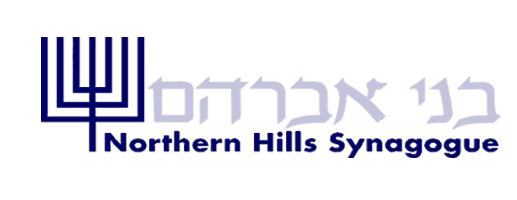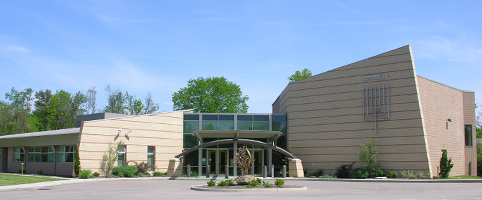We read in Exodus l2:l2-l3 "For the night I will go through the Land of Egypt and strike down every firstborn in the land of Egypt, both man and beast; and I will mete out punishments to all the gods of Egypt, I the Lord. And the blood on the houses in which you dwell shall be a sign for you: When I see the blood I will pass over you, so that no plague will destroy you when I strike the land of Egypt."
Thus, the firstborn of each Jewish family has a double cause to be thankful on Pesah. Not only did he participate in the general deliverance of the Jewish people, but he escaped the death that was the lot of the Egyptian firstborn. Indeed, the theme of the special dedication of the Israelite firstborn to God as a result of this special redemption occurs throughout the Torah's account of the Exodus.
Today, the distinguished position of the firstborn is expressed in the observance of pidyon haben, redemption of the firstborn son from a kohen when the baby is 30 days old, and taanit b’khor, or fast of the firstborn on the day before Pesah (the fourteenth of Nisan).
Although the idea of dedication to God because of His having saved us is an appealing one, it is customary to exempt oneself from fasting on this day by participation in a seudat mitzvah (religious feast). The most common practice is to attend a siyum, the conclusion of the study of a Talmudic tractate, which is considered an appropriate occasion for a seudat mitzvah.

